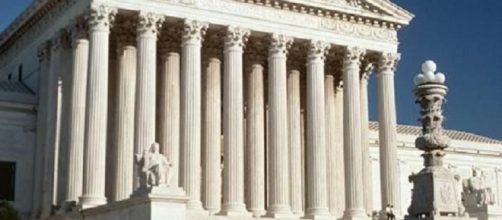March 21, 2017 marked another day added to U.S. history when the Supreme Court issued restrictions to presidential power when filling vacant political posts. The new constraints have evolved from The Federal Vacancies Reform Act. A nominee requiring confirmation from the Senate now cannot serve temporarily in that same position. However, there is an exception to the law. If the candidate has been first assistant for 90 days to the previous person holding office, then the law is null and void at preventing the President from using means to override the Senate's advice-and-consent role.
What has cause the new limitations?
The case in question focuses on Lafe Solomon. He was appointed by the Obama Administration to serve as the National Labor Relations Board's (NLRB) acting general counsel. The position required the Senate's confirmation. His nomination was for filling the counsel position permanently but he served-in interim-following Ronald Meisburg's resignation while waiting for the Senate's final decision.
Richard Griffin ended up being confirmed to the post after Solomon's nomination came to a standstill for more than two years, causing Obama to have him withdrawn as a result. The Supreme Court has ruled that, in 2011, President Barack Obama exaggerated his legal authority with the temporary appointment of a general counsel to the NLRB.
What does this mean for the President?
Due to this new ruling, President Trump and all future presidents will have limited versatility when it comes to electing people for positions that require a Senate confirmation. This comes as a result of the presidential appointment process falling under intense criticism by the Supreme Court. The high court ruled three of Barack Obama's appointments violated certain contents of the U.S. Constitution.
Numerous NLRB rulings have now been invalidated, forcing the agency to reconsider hundreds of appointments. The majority opinion has been written by Chief Justice John Roberts since the decision was upheld by the Supreme Court. Justices Sonia Sotomayor and Ruth Bader Ginsburg have already dissented in response.

